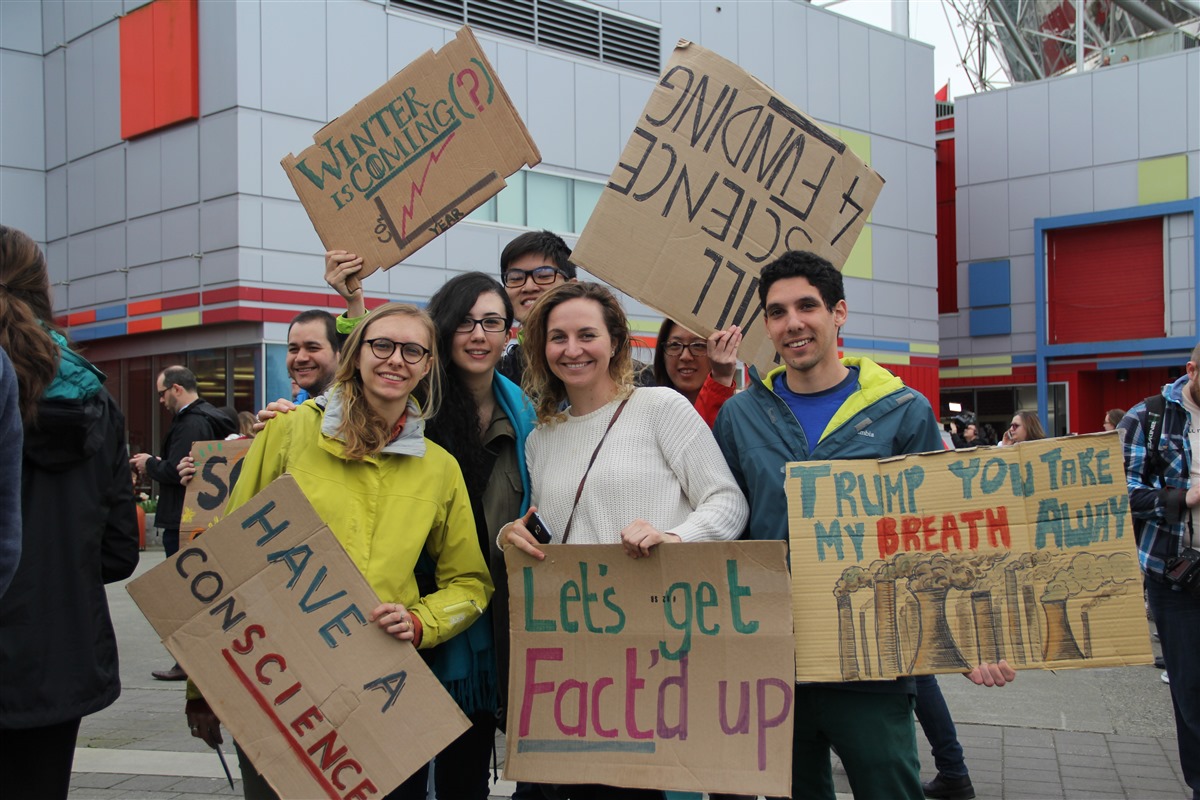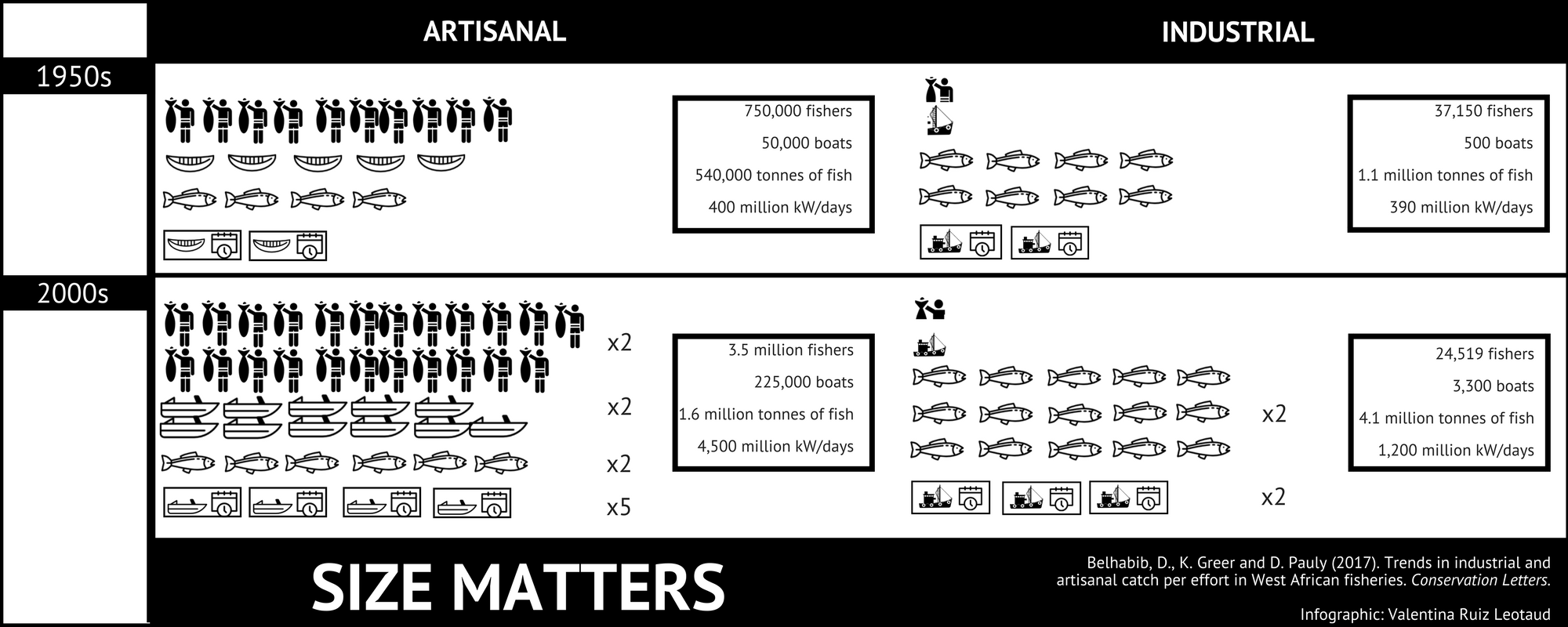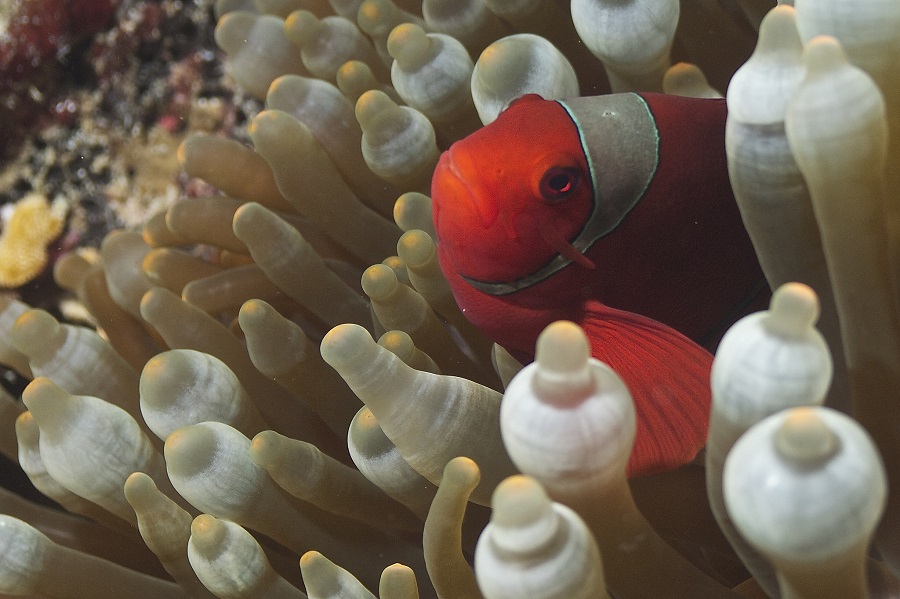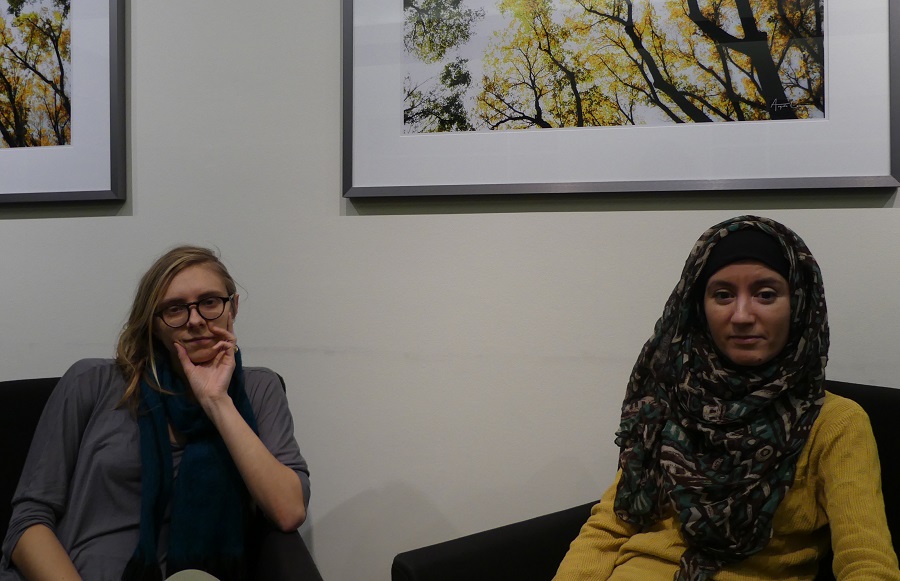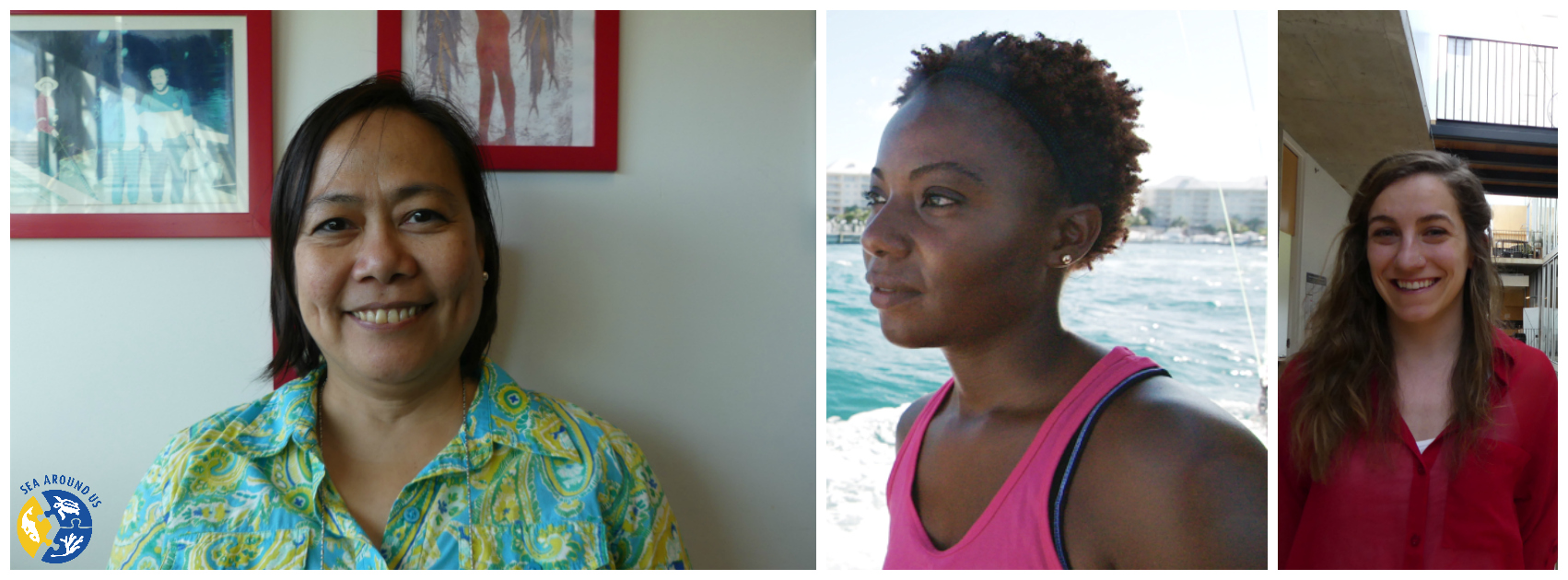
As many of our readers know by now, the Sea Around Us’ website hosts a publicly accessible database that covers the fisheries of all maritime countries and territories of the world, from 1950 to 2014, and is regularly updated.
This database is founded on the reconstructions of countries’ historical catch data that are generated by over 300 scientists from around the world. Continue reading



